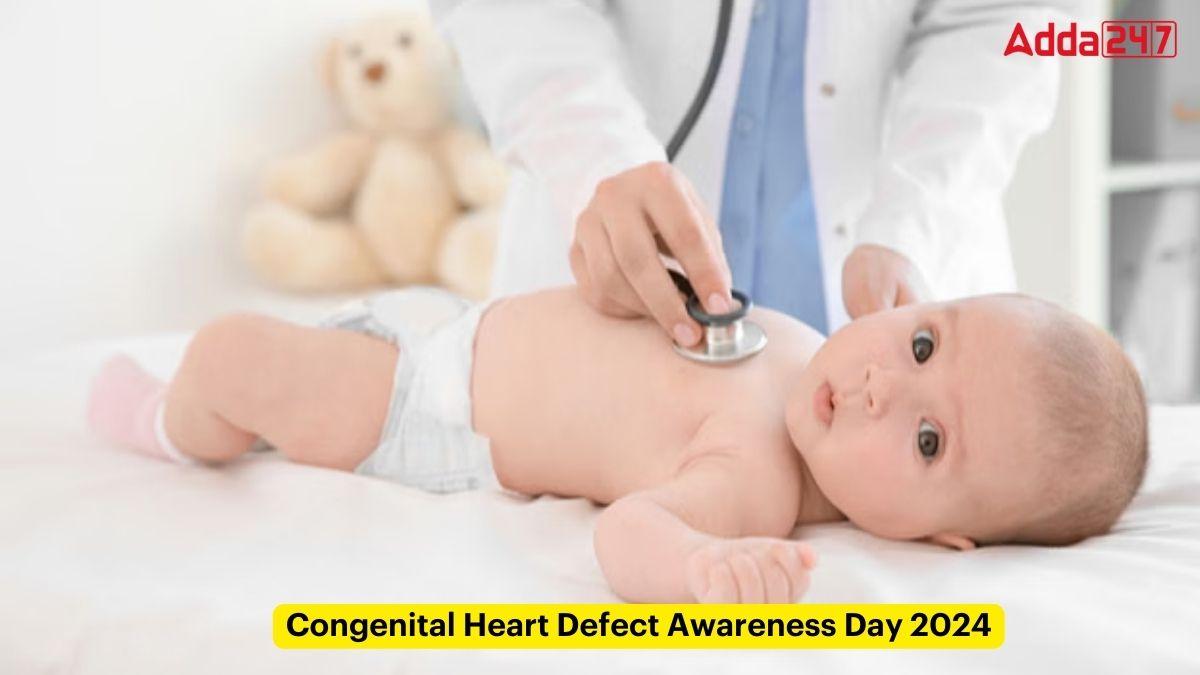Congenital Heart Defect Awareness Day 2024, Date
Every year on February 14, while many celebrate love and affection, the medical and health advocacy communities band together to observe a day of significant importance – Congenital Heart Defect Awareness Day. This day is dedicated to increasing awareness about congenital heart defects (CHDs), the most common type of birth defect affecting infants across the globe. Organizations such as the Pediatric Congenital Heart Association and the American Heart Association lead the charge in promoting this day, aiming to shed light on the challenges faced by individuals with CHDs and the need for advanced medical research and treatments.
The Significance of Congenital Heart Defect Awareness Day
The primary goal of Congenital Heart Defect Awareness Day is to raise awareness about the prevalence of CHDs and the impact they have on affected individuals and their families. Early detection and treatment are crucial in managing CHDs effectively, significantly improving the prognosis and quality of life for those affected. This day serves as a platform to disseminate information on the latest research, treatment options, and preventive measures. Moreover, it is a call to action for increased funding and support for CHD research, which is essential for developing innovative treatment solutions and improving patient care.
The Need for Awareness and Advocacy
Raising awareness about CHDs contributes to better outcomes in several ways:
Early Detection: Awareness encourages expectant parents to seek prenatal screenings that can detect CHDs before birth.
Improved Treatment: Advocacy efforts can lead to increased funding for research, paving the way for advanced treatments and technologies.
Support for Families: Highlighting the challenges faced by families dealing with CHDs fosters a supportive community and access to resources.
Types of Congenital Heart Defects
Congenital heart defects can vary widely in their severity and impact on health. Here are some of the common types:
Bicuspid Aortic Valve (BAV)
A congenital heart condition where the aortic valve has only two cusps instead of three. This can lead to valve dysfunction and other cardiac issues over time.
Ventricular Septal Defects (VSD)
These defects are characterized by an opening in the wall separating the heart’s lower chambers, allowing the mixing of oxygen-rich and oxygen-poor blood. This can affect the efficiency of the heart’s function and the body’s oxygenation.
Atrial Septal Defects (ASD)
Similar to VSD, ASD involves an opening in the wall between the heart’s upper chambers, leading to improper circulation of blood. This can result in various symptoms and complications if left untreated.
The Path Forward: Treatment and Support
While some CHDs can be managed with medication and non-invasive procedures, others may require complex surgical interventions. The advancement in pediatric cardiology and cardiac surgery has dramatically improved the survival rate and quality of life for individuals with CHDs. Early intervention, often within the first year of life, is crucial for those with critical CHDs.



 World Day for Audiovisual Heritage 2024,...
World Day for Audiovisual Heritage 2024,...
 International Dwarfism Awareness Day 202...
International Dwarfism Awareness Day 202...
 Commemoration of Sardar Patel’s 150th ...
Commemoration of Sardar Patel’s 150th ...

